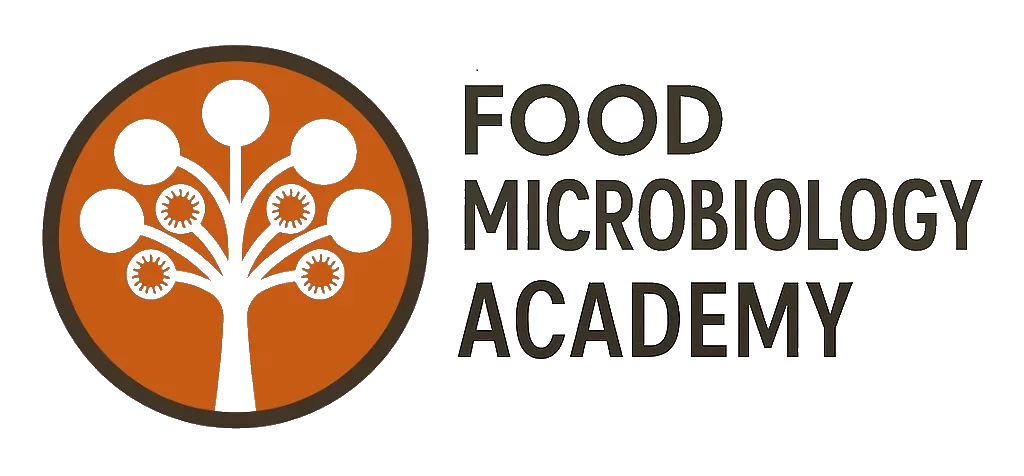Cleaning in Place (CIP) in food manufacturing: Ensuring safety and efficiency
CIP stands for “Cleaning in Place,” and it refers to a method of cleaning and sanitizing equipment and pipelines used in various industries, including food and beverage manufacturing, pharmaceuticals, and biotechnology. CIP is a highly automated and efficient process that eliminates the need for disassembling equipment for cleaning, reducing downtime and the risk of contamination.



